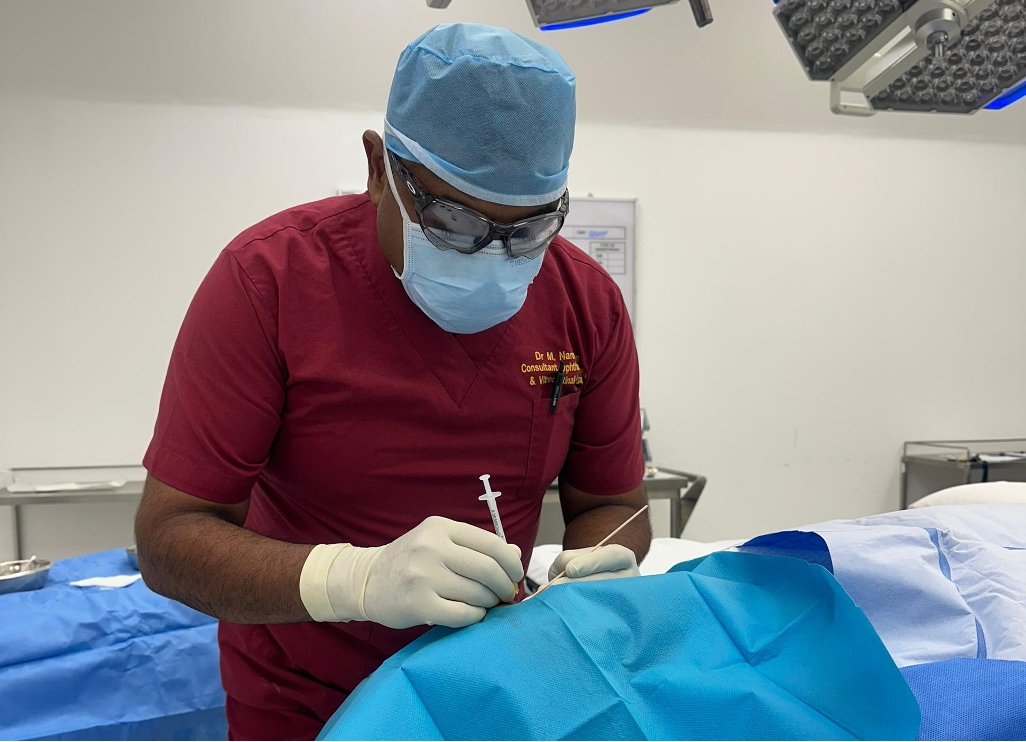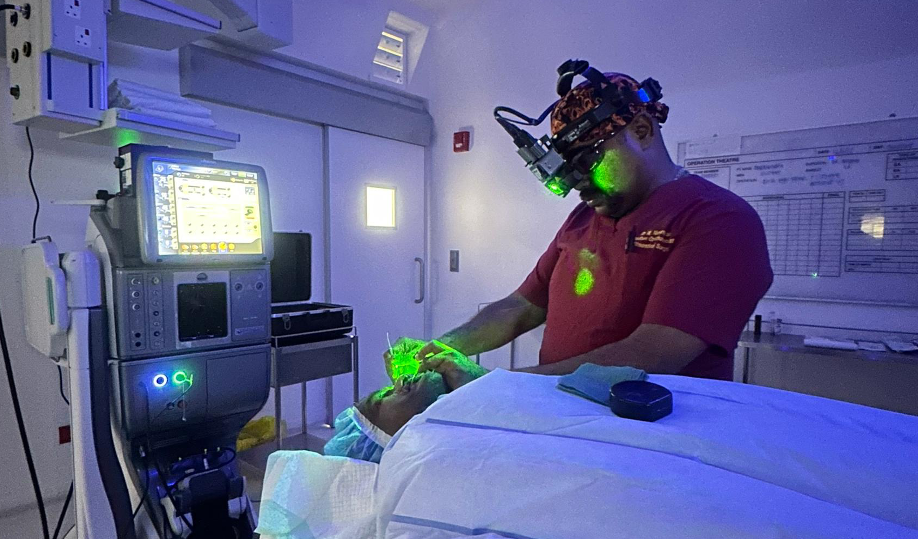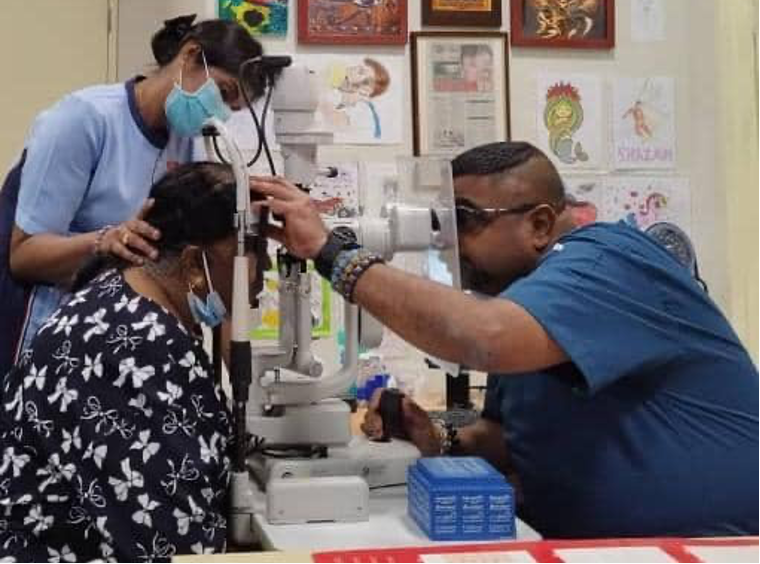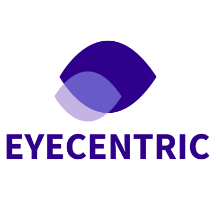With over half a billion people worldwide living with diabetes, this chronic disease has firmly established itself as a global health challenge. A recent Lancet report (2023) sends an alarming signal, projecting that this number will double over the next 30 years. Among the myriad of complications associated with diabetes, one of the most concerning is diabetic retinopathy. This condition affects approximately 27% of those with diabetes and can lead to significant vision impairment and, in some cases, blindness.

Understanding the Four Stages of Diabetic Retinopathy
Diabetic retinopathy is a complex condition that can be divided into four stages, with non-proliferative stages being the most common presentation. These stages include:
- Mild Non-proliferative Diabetic Retinopathy
- Moderate Non-proliferative Diabetic Retinopathy
- Severe Non-proliferative Diabetic Retinopathy
- Proliferative Diabetic Retinopathy
The severity of vision impairment varies across these stages, from no discernible symptoms to progressive visual blurring, black spots, or floaters, and potentially leading to blindness.

Expert Insights and a Multidisciplinary Approach at Eyecentric
Dr M Narendran is the Consultant Ophthalmologist & Vitreoretinal surgeon at Eyecentric in Bukit Tinggi Medical Centre (BTMC). In BTMC, a comprehensive solution is offered for diabetic retinopathy, from screening to diabetes management. The facilities enable the performance of essential procedures such as eye angiograms, laser treatments, anti-VEGF injections, and intricate diabetic eye surgeries.

According to Dr Naren, in managing diabetic retinopathy, collaboration among medical specialists is paramount. Ophthalmologists work closely with healthcare professionals from various disciplines, including endocrinologists, nephrologists, cardiologists, physicians and general practitioners. This teamwork ensures comprehensive disease management, complementing the ophthalmologist's efforts to preserve sight. Patient cooperation and adherence to medical advice are also essential.
In the early stages of non-proliferative diabetic retinopathy, regular follow-up and meticulous monitoring are essential. Collaborative efforts with physicians to control systemic diseases are crucial. When the disease progresses to a severe stage, treatment options come into play. These include laser photocoagulation, anti-VEGF injections, and, in advanced cases, surgical intervention. Surgery becomes a necessity when confronted with bleeding into the back of the eye, which, if left untreated, may lead to scarring and retinal detachment, ultimately causing blindness.
Embracing a Holistic Approach to Well-being
In addition to eye health, maintaining optimal control of blood sugar, blood pressure, and cholesterol levels has far-reaching implications for cardiovascular, renal, and neurological well-being. Dedicated dieticians offer guidance on achieving a balanced, healthful diet tailored to individual needs.
Embracing an active lifestyle, ensuring proper hydration, prioritizing rest and sleep, and adhering to a well-rounded diet are essential steps toward maintaining an overall state of well-being, ready to face the demands of daily life.

Preserving Sight and Health
Diabetic retinopathy is a global health crisis that threatens the vision and well-being of millions. Early detection and a collaborative, multidisciplinary approach are essential for preserving sight. Effective diabetes management, along with meticulous attention to associated risk factors and regular eye screenings, is imperative for mitigating the impact of diabetic retinopathy. Dr. Naren and the team at Bukit Tinggi Medical Centre's Eyecentric play a pivotal role in this ongoing battle, offering hope and comprehensive care to individuals affected by diabetic retinopathy. Together, healthcare professionals and patients can stand strong against this silent threat to vision and health.
To know more about Bukit Tinggi Medical Centre, visit https://bukittinggimedicalcentre.com or call 017-3253888
Source: Global Health Asia Pacific






